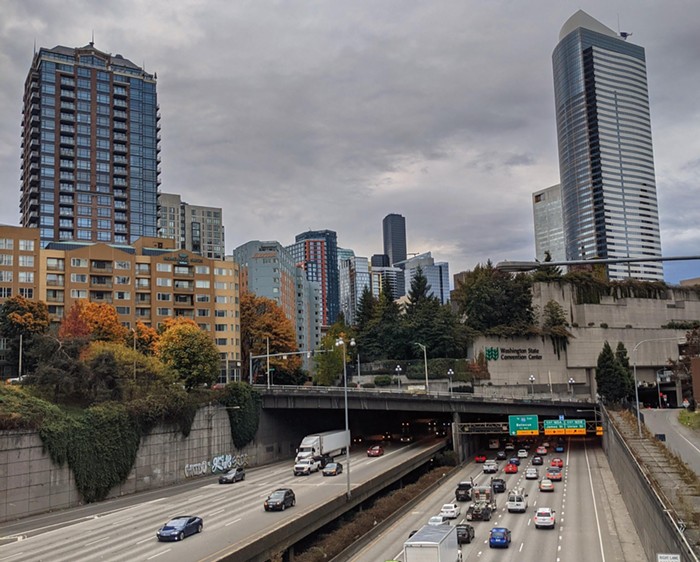
Growing up, I always believed in fighting for the underdog. In law school at UW, I had an experience that changed my life: I got the chance to volunteer at public defender's office and represent clients in Seattle Municipal Court. For 25 years after that, I represented those who don’t always get a fair shake. Their stories stuck with me. In some cases, we were able to make systemic reforms for the better. For others, we couldn’t change the system.
I saw firsthand the “war on drugs,” including its devastating impacts on people, especially people of color and their families. People’s lives were ruined for misdemeanor marijuana offenses. Too many here in our community faced huge legal bills and fines, or had a harder time getting loans, apartments, and good-paying jobs.
So as an attorney and advocate here in Seattle, I tried to have state sentencing laws changed to offer treatment alternatives. When that was blocked, I worked with then-King County prosecutor Norm Maleng to create a county drug court—one of the first in our country. After President Obama appointed me U.S. Attorney, I worked with the Federal Public Defender and the U.S. District Court to create one of the first-ever federal drug courts to battle addiction. And working with Attorney General Eric Holder, I pushed to reform sentencing guidelines to eliminate racial disparities and end mandatory minimum sentences for non-violent drug offenses. We also worked to get unjust convictions and sentences put aside.
Now, Seattle has another opportunity to continue undoing the harm to people’s lives and our communities brought on by the failed war on drugs. That’s why I’m announcing with City Attorney Pete Holmes that our City will ask Seattle’s municipal court to vacate convictions and dismiss charges for misdemeanor marijuana possession.
Here’s why this is necessary: While minor marijuana possession has been the lowest enforcement priority for the Seattle Police Department since Seattle voters passed Initiative 75 in 2003, the City continued to charge for possession until City Attorney Holmes took office in 2010.
This front of the failed war on drugs had a clear racial bias and disproportionately targeted and impacted communities of color in our state. Even though studies in Washington State show use rates were the same, African Americans were arrested for marijuana possession at 2.9 times the rate of whites. Latinos and Native Americans? They were arrested at 1.6 times the rate of whites.
Our action will affect people who had been convicted of offenses for conduct that is now legal under state law. People won’t have to take any actions like hiring a lawyer or going to a court hearing.
I hope these actions we’re taking here in Seattle can lay the foundation for other cities, counties and state to act, too.
Addressing the wrongs that were caused by the failures of the war on drugs for many years in this country – and particularly the damage wrought on communities of color – won’t happen overnight. We must provide more effective alternatives to prosecution and incarceration through drug and mental health courts, restoring rights and supporting re-entry. Our actions must go far beyond the realm of criminal justice reform; it will require us to make our City more affordable, close the opportunity gap through free community college and technical training, and to continue the hard work of building trust between our community and the Seattle Police Department.
But today, this action is a necessary first step in righting the wrongs of the past and putting our progressive values into action.


















